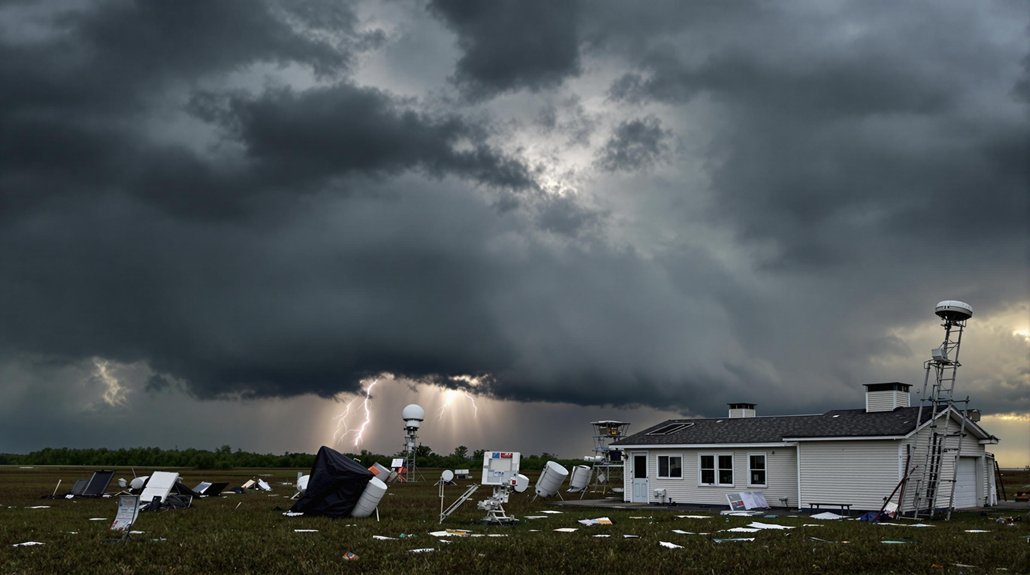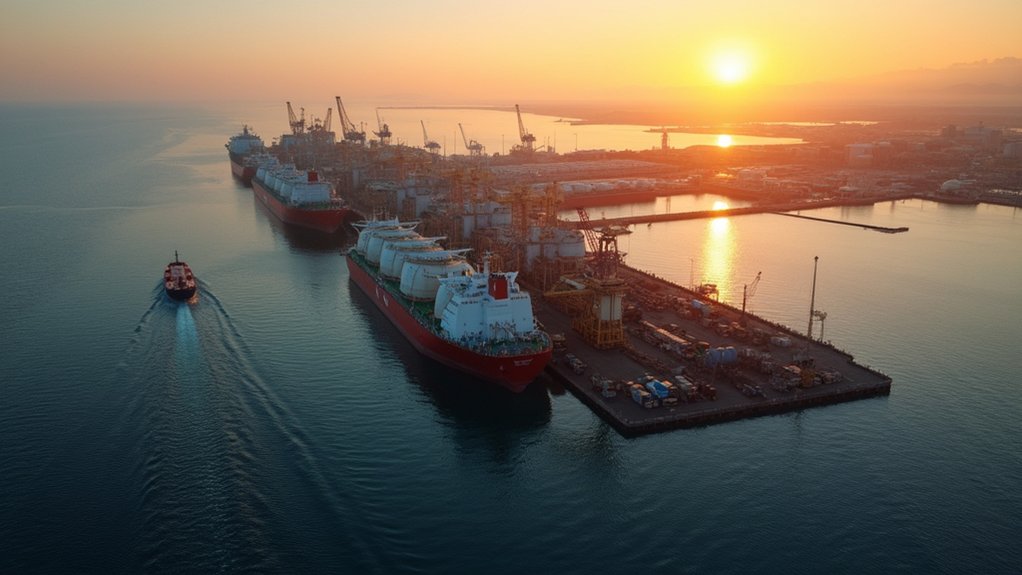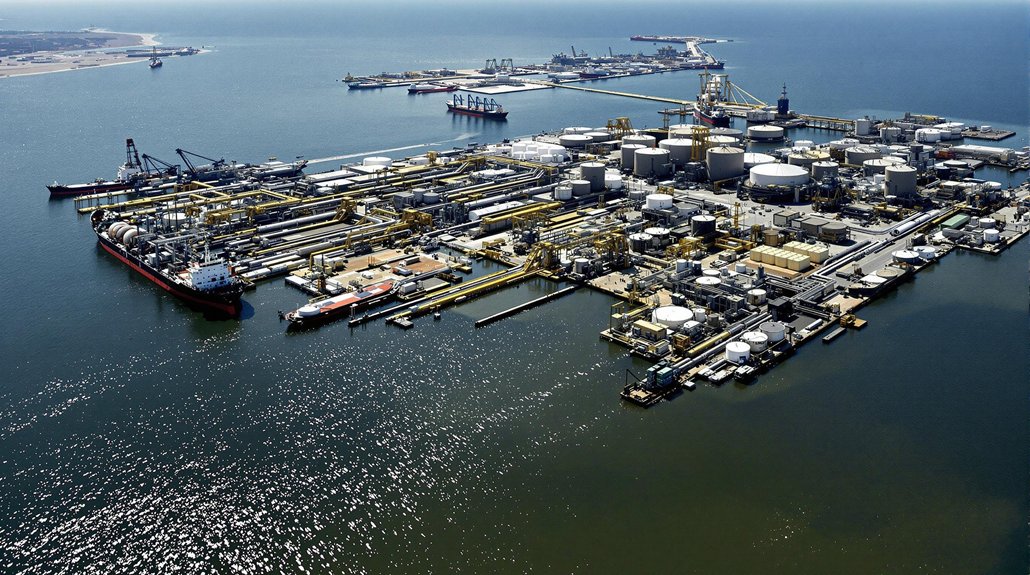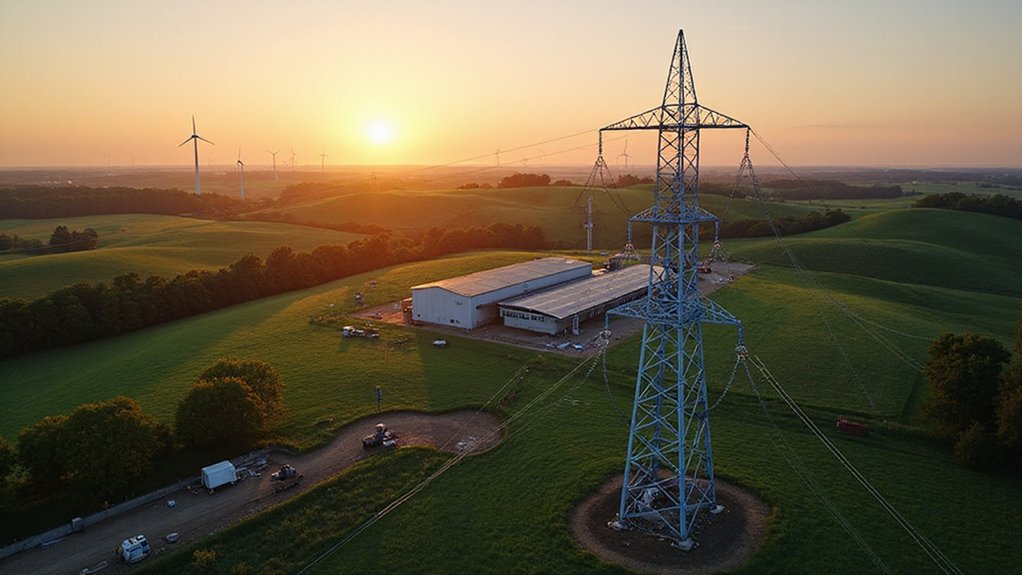Putin’s surprise 30-day pause on Ukraine energy strikes sent oil prices tumbling. Brent crude dropped below $70 per barrel after Trump brokered the deal during a 90-minute call. Markets remain skeptical—and for good reason. Russia’s been weaponizing winter against Ukraine’s infrastructure for months. Zelenskyy cautiously welcomed the break while Russian attacks reportedly continue elsewhere. This “ceasefire lite” might just be Putin playing nice while regrouping his forces.
In a surprising move that sent oil prices tumbling, Russian President Vladimir Putin has ordered his military to pause strikes on Ukraine’s energy infrastructure for 30 days. The deal, brokered by U.S. President Donald Trump, doesn’t include a full ceasefire. Just a break from blowing up power plants. How generous.
Markets reacted immediately. Brent crude futures dropped 0.84% to $69.97 per barrel, while U.S. West Texas Intermediate fell 0.90% to $66.30. Traders are clearly spooked by the prospect of increased Russian oil flowing into global markets. They’re also skeptical about whether Putin will actually keep his word. Can’t imagine why.
Global markets flinch as Putin’s promises send oil prices sliding. Traders remain unconvinced—with good reason.
Putin agreed to the pause after expressing concerns about Ukraine rearming. He’s demanding an end to Western military aid for Ukraine—shocking absolutely no one.
Meanwhile, Ukrainian officials have accused Russia of weaponizing winter by targeting energy facilities just as temperatures drop. Talk about cold politics.
Ukrainian President Zelenskyy has signaled support for the proposal while emphasizing the need for European involvement in peace talks. He’s walking a tightrope here. Ukraine continues to report Russian attacks despite the agreement. Some things never change.
Technical negotiations are set to begin immediately, with discussions about a possible maritime ceasefire in the Black Sea also on the table. European allies are watching nervously from the sidelines, wary of U.S.-Russia talks that exclude them.
The timing is interesting. Global oil markets are already jittery about conflicts in the Middle East, an upcoming U.S. Federal Reserve policy meeting, and recession fears. The Trump-Putin phone call that led to this agreement lasted 1.5 hours and also explored potential cooperation in the economy and energy sectors.
Add in continued U.S. actions against Houthi rebels and mixed crude oil stock data, and you’ve got a recipe for market volatility.
Analysts are expressing cautious optimism, but many warn about Russia’s long-term intentions. Ashley Kelty from Panmure Liberum noted that encouraging signals toward a ceasefire could help ease crude prices. There’s concern Putin is simply buying time to regroup his military. The 30-day pause might just be a breather before the next round of escalation. Time will tell if this is actual progress or just another page from Putin’s playbook.









